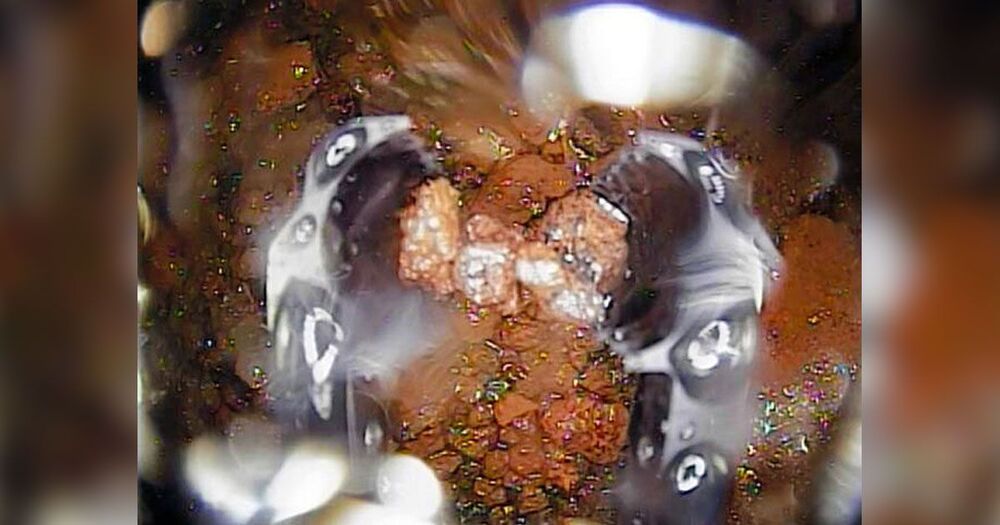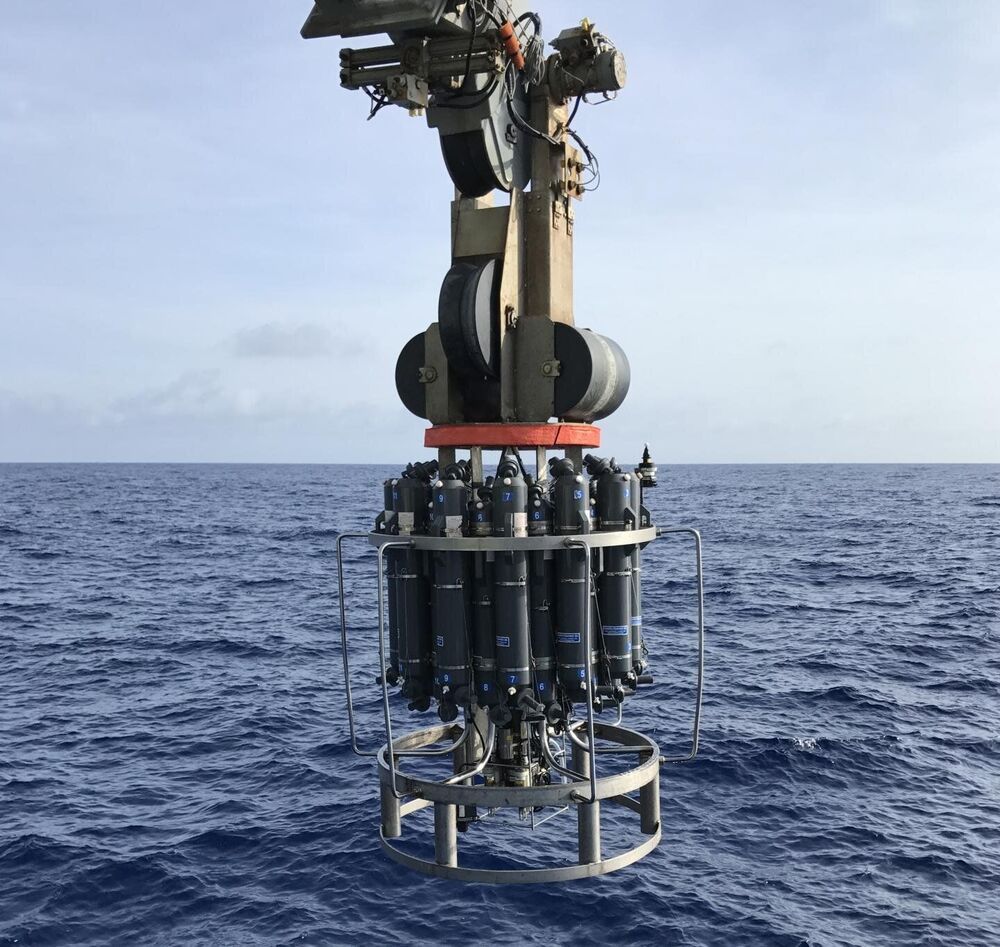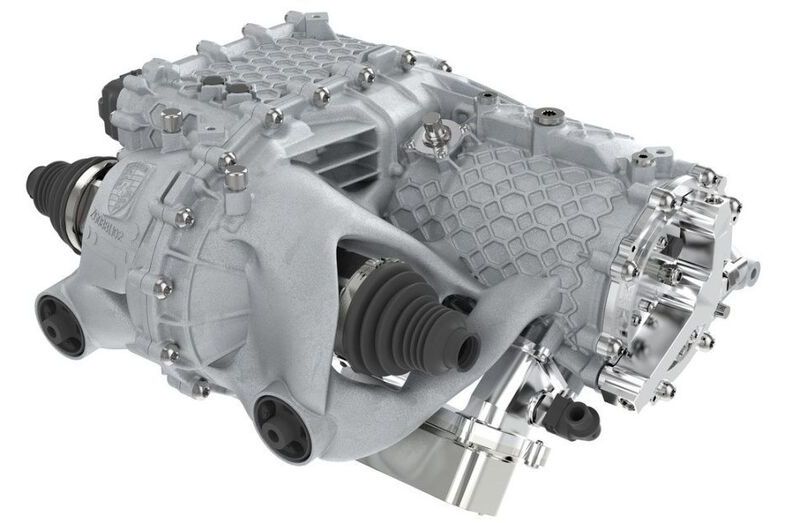
Get the latest international news and world events from around the world.


The balkanization of the cloud is bad for everyone
Cloud computing is at a critical juncture. Millions of companies now use it to store data and run applications and services remotely. This has reduced costs and sped operations. But a new trend threatens the benefits that cloud computing has unlocked.
“Digital sovereignty” describes the many ways governments try to assert more control over the computing environments on which their nations rely. It has long been a concern in supply chains, affecting the kinds of hardware and software available in a given market. Now it’s coming for the cloud.
Governments around the world are passing measures that require companies to host infrastructure and store certain kinds of data in local jurisdictions. Some also require companies that operate within their borders to provide the government with access to data and code stored in the cloud.




Porsche is 3D printing electric drive housings that are lighter and stronger than conventional ones
In December, Porsche announced that it had been 3D printing prototype housings for electric drives that were stronger, lighter, and much quicker to manufacture. The engine-gearbox units produced using this method were even able to pass all of the company’s quality and stress tests without issue.
Porsche manufactures the housings using a 3D printing method called laser metal fusion, which entails a laser beam heating and melting a powder surface depending on the desired contours. This method allows Porsche to produce an engine gearbox that is both 10% lighter and 100% stronger because of the inherent lattice structures.
Another significant upside to manufacturing parts this way is the ease and speed of creating new components or making changes to existing ones. For example, an entirely new part can be designed and then physically printed very quickly with no need to do things such as create new tooling to manufacture the part.

Is Quantum Tunneling the Key to Life and existence of the Universe?
Get MagellanTV here: https://try.magellantv.com/arvinash and get an exclusive offer for our viewers: an extended, month-long trial, FREE. MagellanTV has the largest and best collection of Science content anywhere, including Space, Physics, Technology, Nature, Mind and Body, and a growing collection of 4K. This new streaming service has 3000 great documentaries. Check out our personal recommendation and MagellanTV’s exclusive playlists: https://www.magellantv.com/genres/science-and-tech.
Become a Patron: https://www.patreon.com/bePatron?u=17543985
What is this mysterious quantum tunneling effect, where does it come from? And why is it one of the most important phenomena in physics?
Quantum mechanics shows that quantum objects have a wave-particle duality. What we think of as an electron particle actually behaves like a wave, a probability wave. This means that its position is not a precise location in space. It is defined by a wave function that can only tell us the probability of finding it a particular location when measured. The wave function of a particle exists in all of space, in the entire universe up to infinity. So there is always a non-zero probability of finding the electron anywhere, including outside a barrier.
We can attribute this behavior to the Heisenberg uncertainty principle. It states that the uncertainty in a particle’s position times the uncertainty in its momentum has to be greater than a finite number. Practically this means we cannot know with 100% certainty what the position of that electron is. And the wave function of the electron, which gives us the probability of finding it at any location can be found using the Schrodinger equation.
This equation was developed by Erwin Schrödinger in 1926, and it is the equation that describes the wave nature of matter. The Greek letter psi in the equation is the wave function. The wave function depends on both time and position. It can be both positive or negative, but the square is always positive. The square of the wave function as a function of position is the probability of finding the particle at that position. The Schrödinger equation is a statement of conservation of energy. It says that kinetic energy plus potential energy equals the total energy—But instead of just energies, we have energy operators acting on the wave function of the particle.

SpaceX Starship SN9 flies high, explodes on landing just like SN8
After delays and a flap with the FAA, the Mars rocket prototype ran a vertical 10K on Tuesday.